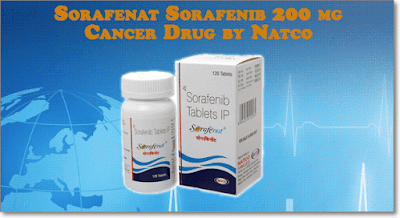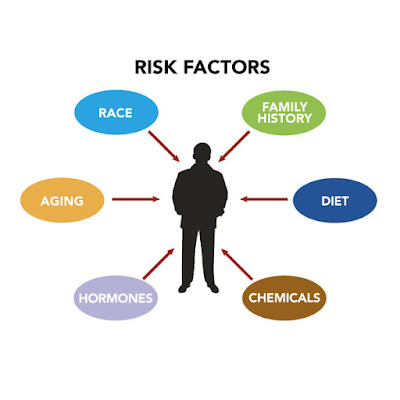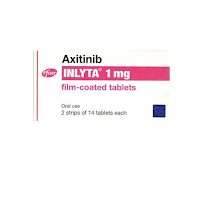
Sorafenib - Approved Medicine for the Treatment of Thyroid Cancer Thyroid cancer has become one of the fastest-increasing cancers in recent years and is the fifth most common cancer in women. There are approximately 35,000 people die from thyroid cancer worldwide each year. Thyroid cancer starts in the thyroid gland. The vast majority of patients do very well after initial therapy with surgery and, occasionally, radioactive iodine therapy and their prognosis is excellent. However, some patients (<10%) have relentlessly progressive cancer that becomes resistant to radioactive iodine and is very difficult to treat – these are the patients that are at risk of dying from thyroid cancer. Fortunately, a new class of anticancer drugs , known as tyrosine kinase inhibitors (TKI), have shown to be effective in these patients. Sorafenib is now offers new options for patients who have been limited in their treatment outcomes. Sorafenib is an antiangiogenic drug already approved for ren


